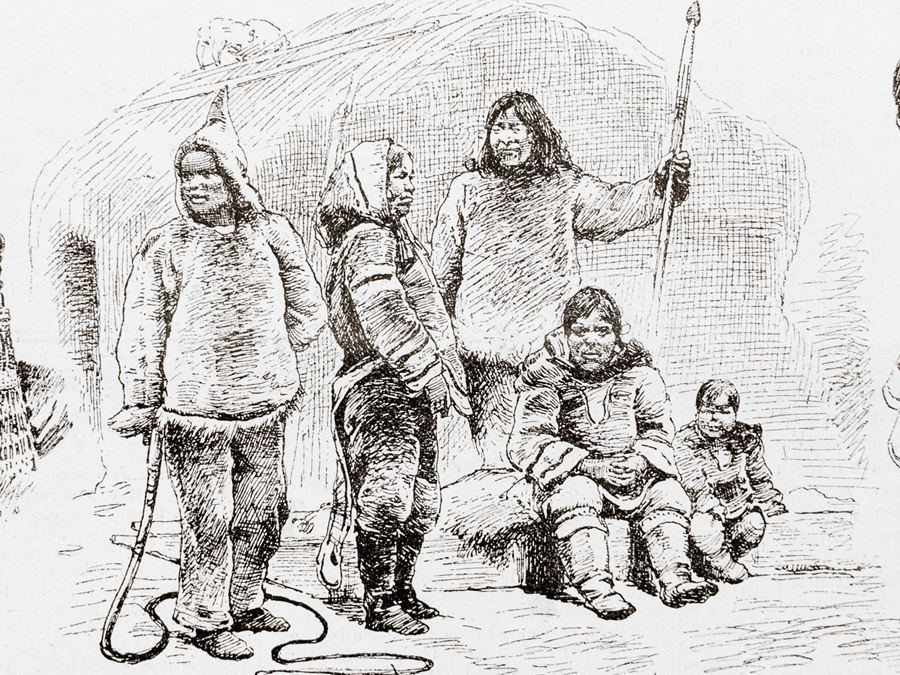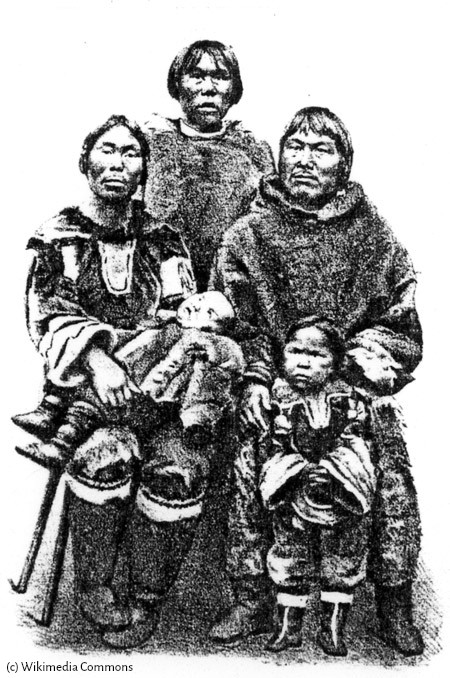
Abraham Ulrikab
Tragedy in Europe
In August 1880, eight Inuit from Labrador travelled together with Norwegian adventurer Johan Adrian Jacobsen to Germany. In hopes of earning money to pay off debt, they had agreed to become part of an ethnographic show of German menagerie owner Carl Hagenbeck. Yet they didn’t realize what it meant to have thousands of people in a single day staring at them. As part of the zoo’s exotic exhibits, they moved to several European cities. They soon begun to miss home, but would never see it again. Their story ended tragically — all eight Labrador Inuit died of smallpox in Europe within four months after their journey across the ocean.
One of the eight Inuit was Abraham Ulrikab. He captured their story in his diary, an irreplaceable document for researchers like France Rivet.
France worked in the IT sector before being introduced to the Inuk’s story. Over the past years, the Canadian has traced Abraham’s story, travelling to all European cities where the Inuit were exhibited: Hamburg, Berlin, Prague, Frankfurt, Darmstadt, Krefeld, and Paris, where Abraham and his last companions passed away and their human remains still are. She spent hours in European archives, studying old documents to find out what really happened to the group.

The first time France heard about Abraham Ulrikab, she was on a cruise ship near Labrador’s coast in the summer of 2009.
“I noticed a man. He was everywhere around that ship, two cameras on his neck and I thought ‘Who is this person?’ He had the same hat as me. So I decided to talk to him,” says France.
The man was German-Canadian photographer Hans-Ludwig Blohm. He introduced her to the book of The diary of Abraham Ulrikab: text and context. He had donated copies of the book to the ship’s library and suggested that France should read it.
On board, she also met an Inuk lady originating from Hebron, Abraham’s hometown. They talked about Abraham’s story and decided: something had to be done.
After her extensive research in Europe, France published a book called In the Footsteps of Abraham Ulrikab. She also did research for the documentary Trapped in a Human Zoo, which was presented in David Suzuki’s CBC show The Nature of Things.
“These eight individuals paid the ultimate price for their mere desire to improve their living conditions, and to see ‘civilized’ Europe. In Europe, the Inuit entertained the crowds, and enabled entrepreneurs to pocket profits. They were studied by anthropologists who were thrilled to have ‘savages’ from these distant lands in their midst,” says France.
“To me uncovering and telling their whole story was the least I could do to honor their memory.”